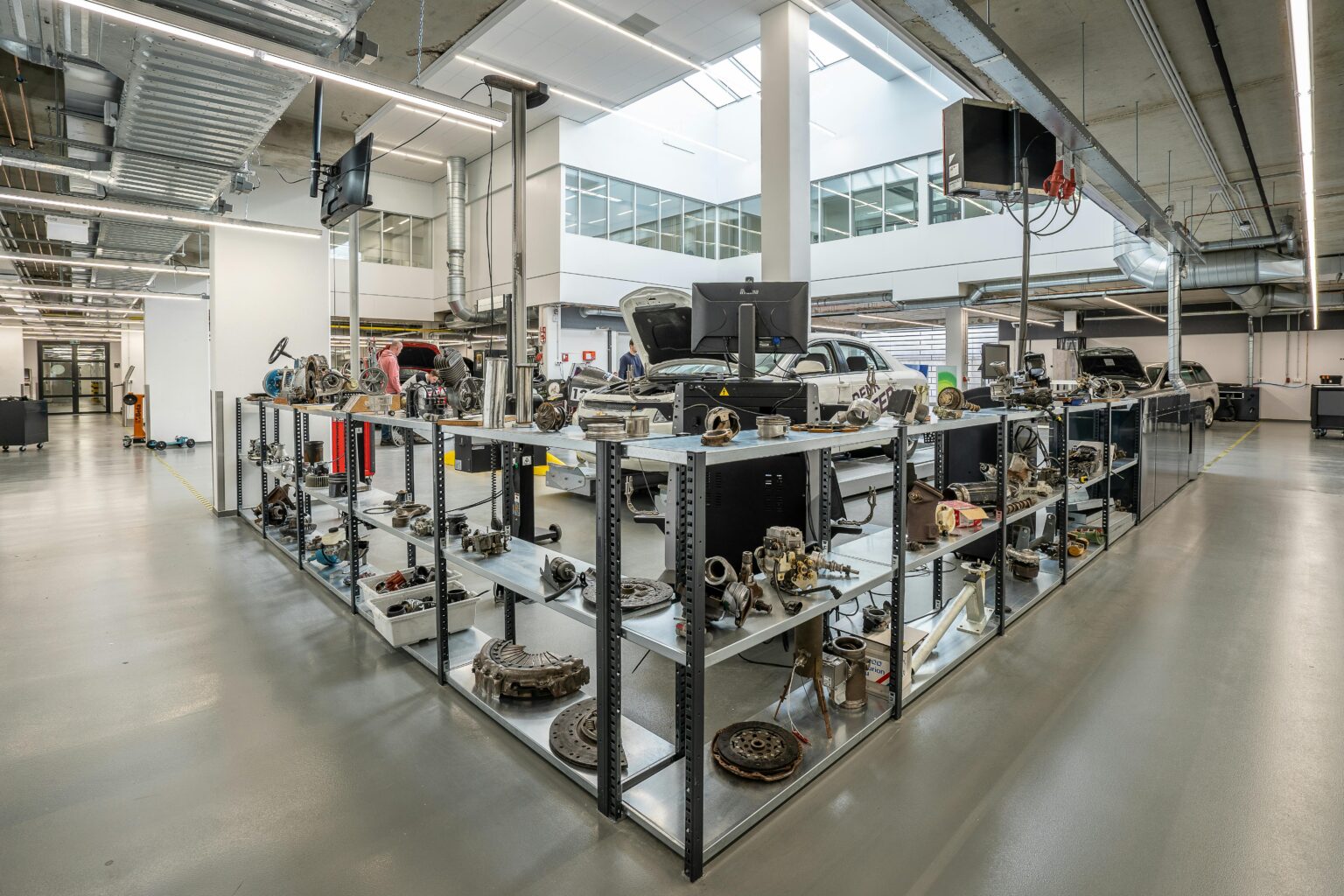The engine room is the heart of any ship. It is packed with different machines and equipment that help run the vessel and provide the necessary power for sailing.
Whether you are buying marine engine parts for your boat or as part of an OEM spare parts agreement, there are some things you should keep in mind before making the purchase. Here are seven of them:
Read Product Descriptions marine engine room
Marine engine room parts are crucial to the operation of a ship. They power the propulsion system and provide energy for electrical systems, generators, freshwater pumps, etc. These parts are also used to maintain safe working conditions onboard the vessel.
Regular maintenance of marine engine room parts is crucial to ensure the safe and efficient operation of boats and ships at sea.
A ship’s engine room is mainly divided into three platforms. The top platform includes spare equipment for the main engine, tanks, and auxiliary machinery. The middle platform consists of various generators and other electrical machinery, while the bottom platform includes pumps, a fuel oil tank, and a bilge oil tank.
In the past, many fires in marine engine rooms were caused by ruptured fuel pipes. Sheathed metal fuel pipes are now used to reduce the risk of such fires. They are painted bright and have a drain valve that can be opened to relieve pressure.
Check the Manufacturer’s Warranty
A marine engine room parts contains the equipment that drives ships and boats forward. This includes the boat engine, fuel, cooling, and electrical systems.
Proper maintenance of these crucial components is essential to safe, long-distance navigation. High-quality components, like hoses, pumps, and filters, may help guarantee your marine engine runs at its best and lasts a long time.
Leaks in pipes transporting flammable gasses and liquids are significant fire hazards on cargo vessels. Thoroughly inspecting these pipes with pressure and tightness tests can reveal flaws invisible to the naked eye. A brightly painted bilge can also make it easier to spot leaks and assess the condition of essential components like steam coils, mechanical seals, and inlet piping. Leaks can be minimized by regularly cleaning bilges and deploying spare leak trays.
Check the Manufacturer’s Website
A marine engine’s power output is crucial to your vessel’s performance and safety. The engine must be sized to match your vessel’s size, speed, and intended use. This ensures optimal performance and efficiency.
Marine engines must be durable to withstand the pressure of being on board for long periods. They must also be safe to work on. Leaking fuel pipes, for example, pose a fire hazard as they release flammable fuel onto an unprotected surface. Sheathed fuel pipes are preferred and should be inspected regularly to prevent this.
Performing maintenance and taking measurements on marine engine room equipment can be challenging. This is mainly due to the scale gap between different equipment. A visual recognition model is a valuable tool for engineers.
Read Customer Reviews
Marine engine room parts play a critical role in the overall performance of a boat. They are complex machinery that must work together seamlessly to navigate rough waters and challenging weather conditions. Maintaining the integrity of marine engine room components is crucial for the safety of both passengers and crew and the environment.
This means maintaining proper lubrication, cleaning, and monitoring systems. Additionally, it is crucial to keep bilge and tank alarms in good working condition. Lastly, keeping the engine room insulated is essential to reduce the risk of fires and accidents. Many ship engine room fires are caused by un-sheathed fuel pipes that can vaporize and ignite when they come into contact with hot surfaces. Sheathed pipes are much safer because they contain a protective metal layer preventing the fuel from leaking.
Sign Up for Email Lists
Marine engines are a vital part of every boat. They provide the power that drives the vessel forward and must be safe to operate in harsh conditions, such as during long trips or rough seas. However, they also require a combination of components to function correctly. These include fuel systems that supply enough energy to operate, cooling systems that keep them from overheating, and electrical systems that distribute power throughout the ship.
In addition, the engine room must have a sound ventilation system to prevent fires and explosions. It is also essential to regularly inspect and maintain the machinery in the engine room. For example, leaking pipes transporting flammable fuel should be repaired immediately to reduce the risk of fires and explosions.
